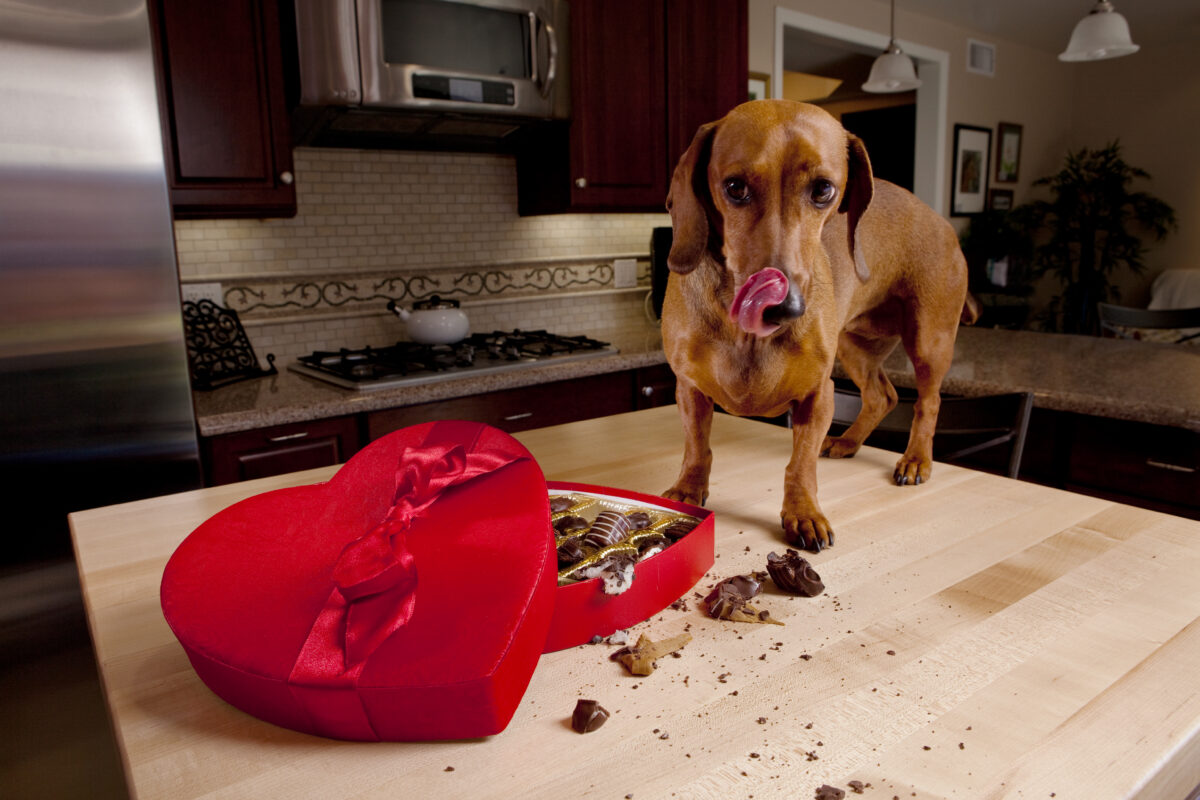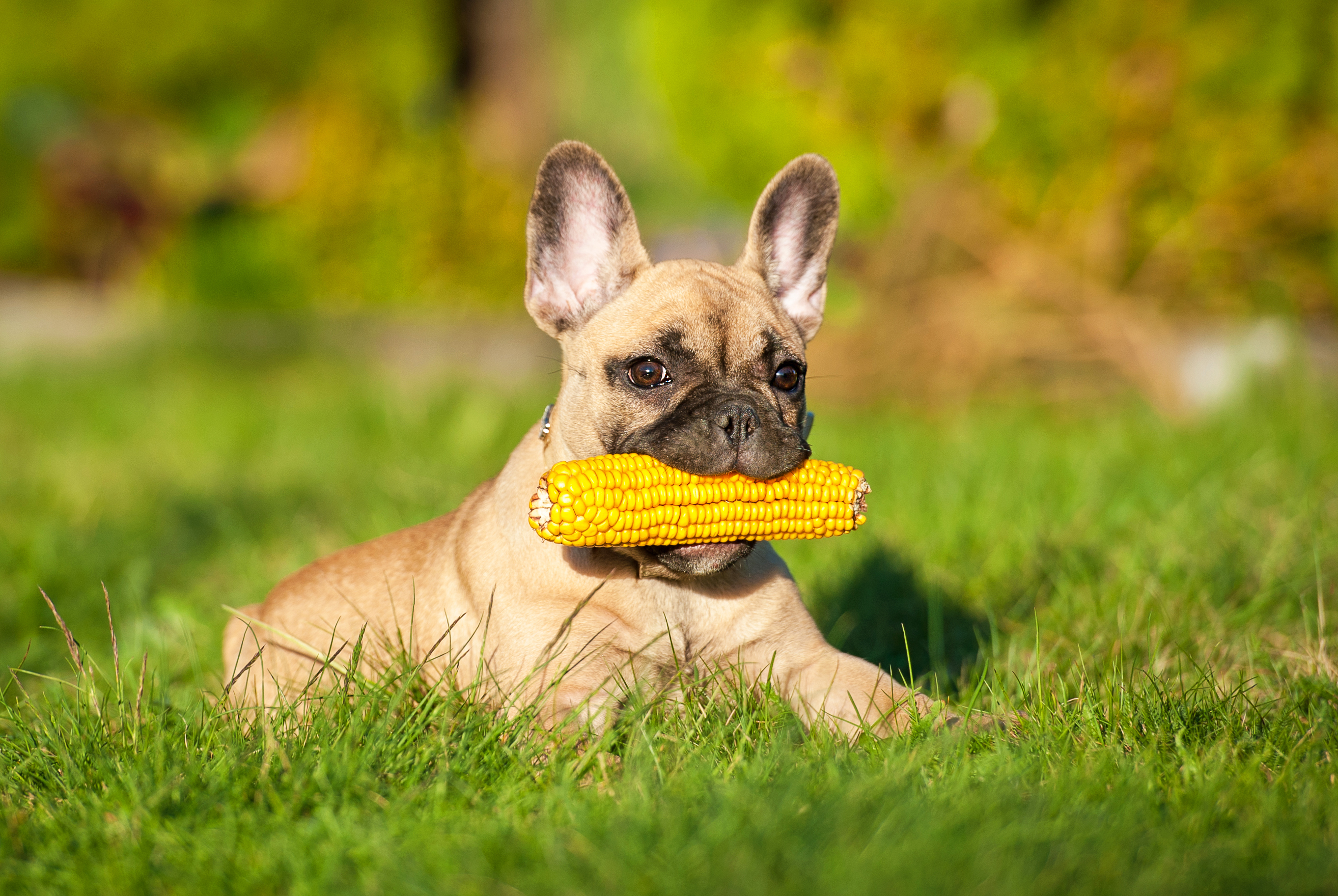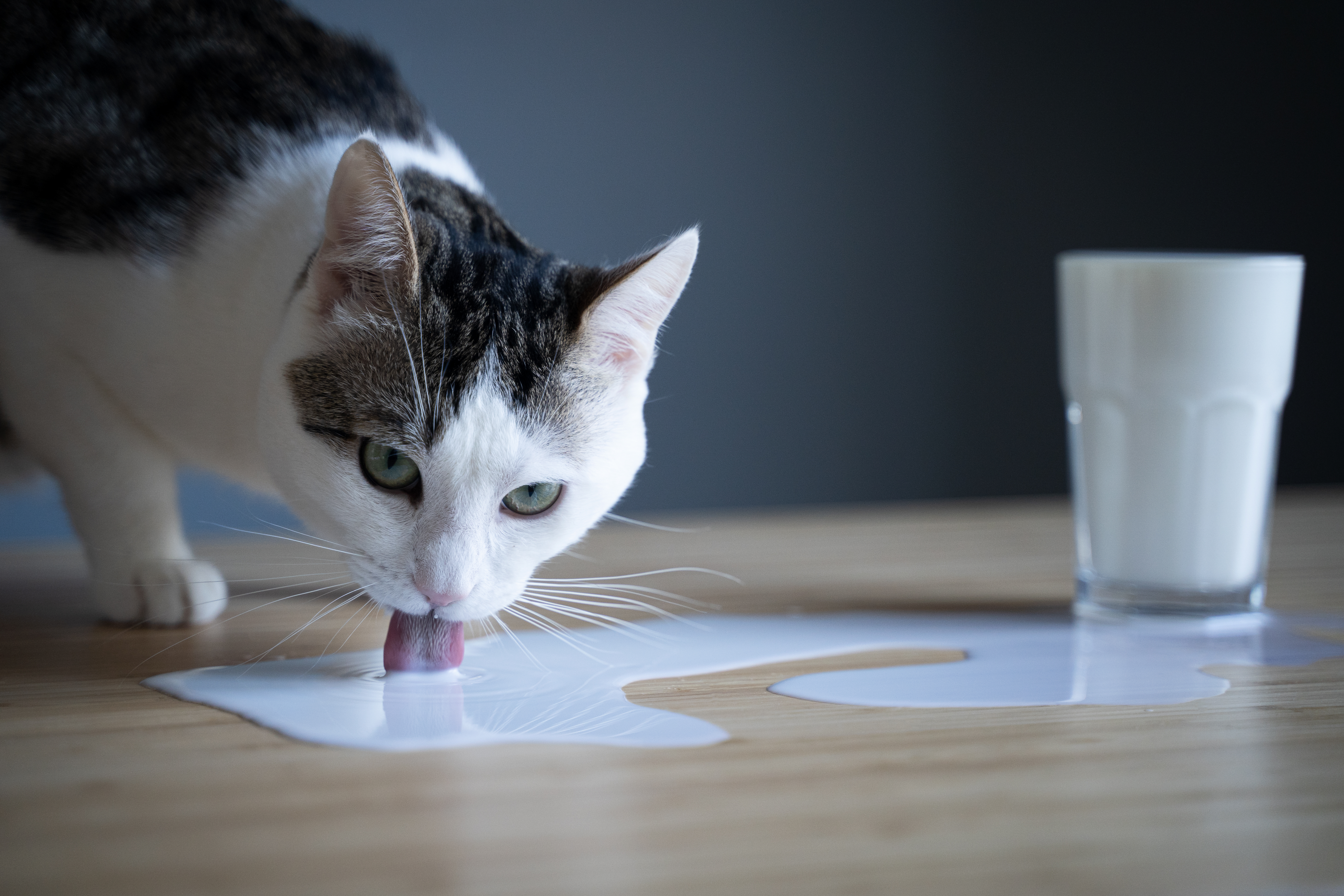As pet owners, we often enjoy sharing our meals with our furry companions. It makes them feel like part of the family, doesn’t it? While it’s generally fine to share some human food with your pets occasionally, it’s important to remember that not all foods are safe for them. In this article, we’ll explore whether dogs can have huckleberries and provide you with a list of toxic foods to avoid feeding your pets.
Toxic Foods to Cats and Dogs
1. Chocolate, Coffee, Caffeine
Chocolate contains a compound called methylxanthines, which can be toxic to dogs. The level of toxicity depends on the type of chocolate and the amount consumed. Dark baker’s chocolate is highly toxic, while milk chocolate is less harmful. It’s important to note that ingestion of wrappers usually passes without any issues. However, if your dog consumes a significant amount of chocolate, it’s best to contact your veterinarian.
2. Xylitol
Xylitol, an artificial sweetener found in sugarless gum, is extremely toxic to dogs. It can cause a rise in insulin levels, a drop in blood sugar, seizures, coma, and even liver failure. If you suspect your dog has ingested xylitol, seek immediate veterinary attention. It’s crucial to keep xylitol-containing products out of your dog’s reach.
3. Corn Cobs
Dogs may be attracted to corn cobs in the trash, but swallowing them can be dangerous. If a dog swallows a cob, it’s unlikely to pass through their digestive system without help. It’s best to prevent dogs from accessing corn cobs to avoid any potential issues.
4. Raw Meat and Bones
Feeding dogs raw meat and bones is a controversial topic. While some people advocate for a raw diet, veterinarians generally agree that it can be risky. Raw meat and bones can pose a choking hazard and may contain harmful bacteria. If your dog accidentally ingests a chicken bone, cooked or raw, consult your veterinarian for guidance.
5. Avocado
Avocado is a topic of debate when it comes to its safety for pets. While some sources claim that avocados are toxic to dogs and cats, certain pet food companies use avocado ingredients in their products. It’s best to consult your veterinarian for professional advice regarding feeding avocados to your pets.
6. Onions, Garlic, Chives
Large quantities of onions, garlic, and chives can cause blood thinning in dogs. However, such cases are relatively uncommon.
7. Milk
While not toxic, most dogs (and cats) are lactose intolerant. Feeding them excessive amounts of milk can lead to digestive issues. It’s best to avoid giving your pets large quantities of milk.
8. Raisins and Grapes
Raisins and grapes are toxic to dogs and can cause kidney damage. It’s essential to keep these fruits away from your furry friends.
9. Macadamia Nuts
Macadamia nuts are another unexpected food that can be toxic to dogs. Even small amounts can cause adverse effects.
Human Foods That Are Healthy For Your Pets
Not all human foods are off-limits for your pets. In fact, some foods can be a healthy addition to their diet. Remember to feed these foods in moderation, as excessive quantities can still cause issues. Here are some pet-safe human foods:
- Bananas
- Apples
- Carrots
- Broccoli
- Green Beans
- Yogurt (low or no sugar)
- Pumpkin
- Sweet Potatoes
- Cooked Eggs
- Peas
- Peanut Butter (check for xylitol)
- Cottage Cheese
- Melons (watermelon, cantaloupe, and honeydew)
- Berries (blueberries, blackberries, strawberries, huckleberries, or raspberries)
Remember, it’s always best to consult your veterinarian for guidance on your pet’s nutrition. If you have any questions or concerns about safe foods for your pets, don’t hesitate to reach out to your veterinarian.
Frequently Asked Questions
Stay tuned for answers to frequently asked questions about feeding dogs and cats.
Conclusion
While we enjoy treating our pets to occasional human food, it’s crucial to be aware of the potential dangers certain foods can pose to them. Understanding which foods are toxic and which ones are safe allows us to make informed decisions. Always prioritize your pet’s well-being and consult your veterinarian for professional advice. By providing a balanced and appropriate diet, we can keep our furry friends happy and healthy for years to come.
Pawsoha is committed to providing reliable information and high-quality products for your pets. Visit our website to explore our range of pet care essentials.


